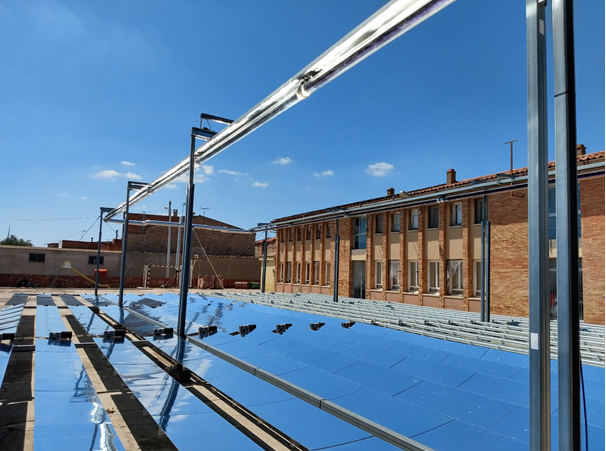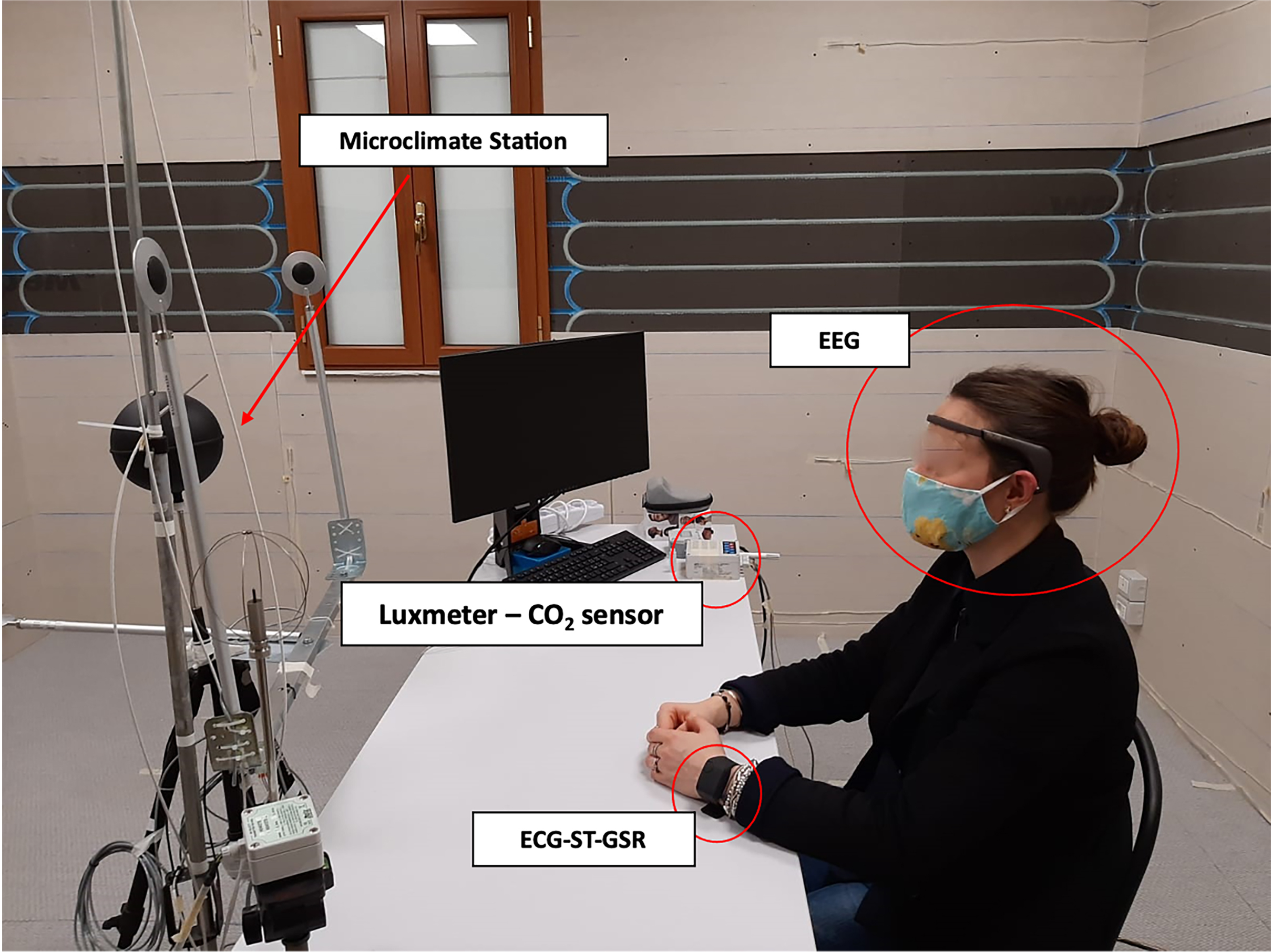content_green_ambiente_en

ECOLOGY AND ENVIRONMENT
Environmental sustainability indicates the protection of the ecosystem and the preservation of the natural capital, by using responsibly the available resources. The following are the main projects developed by the researchers of the University in terms of ecological and environmental sustainability.

Innovative Micro solar Heat and Power System for Domestic and Small Business Residential Buildings (Innova MicroSolar)
Innovative Micro solar Heat and Power System for Domestic and Small Business Residential Buildings (Innova MicroSolar) The objective of the project is that of developing an innovative micro-cogeneration renewable energy system for domestic application. Electricity is produced using a 2kWe/18kWt ORC unit which riceives heat at 250 °C thanks to a concentration solar power installation based on Fresnel linear reflector. Furthermore, the power generation plant, is equipped with a heath storage system realized with phase change material for the purpose of granting the production of thermal and electrical energy even in absence of solar radiation, for a period of 3-4 hours.Finally, an intelligent control system enabling the management of the integrated systems and its interaction with the users. The installation thus realized is currently being tested in Almatret (Spain) with the aim to provide around 60 per cent of the energy required by a household, with the ultimate goal of contributing to the decarbonisation of the residential sector of about 250°C thanks to a concentration solar power installation based on Fresnel linear reflectors.

Enhancement of engineering skills of students of all levels for application of evidence based sustainable renewable energy solutions in the built environment (Skybelt) Erasmus+ Key Action 2: Capacity Building in Higher Education
The aim of the project is to improve the knowledge and abilities of the students (at all levels) of the universities involved in the field of technologies for renewable sources that can be integrated. Essentially, said objective should be pursued through three separate actions: (i) modernisation of the modules related to the scope of the projecr at Asian universities including distance learning modalities and new laboratory equipment; (ii)incentivization of internship and mobility activities by students; (iii) involvement of companies working in these areas in order to create a network of skills and knowledge that can continue after the end of the project.The project started at the end of 2019 and will last 3 years. Project reference number: 610258-EPP-1-2019-1-EN-EPPKA2-CBHE-JP

NEXT.COM – The NEXT generation of multiphysics and multidomain environmental COMfort models: theory elaboration and validation experiment PRIN2017 – MIUR
The purpose of the project is to develop a new methodology for analysing environmental comfort through a multi-physics, multi-domain and multi-sensory measurement and modelling protocol. NEXT.COM aims to answer the need to interpret with great accuracy the factors influencing people's behaviour inside buildings, which, in turn are the base of energy consumption. To this end, the project will exploit the potential of new technologies in terms of measuring physiological and environmental quantities (e.g. skin temperature, galvanic response, brain and heart activity, IoT environmental sensors, virtual reality). The acquired data will be analysed with typical Machine Learning methodologies for the development of new comfort predictive models that can be integrated into dynamic models for building energy simulation.

Study on the Possibility of Employment of the Filler Product with "White" Ladle Furnace Slag in the Production of Bituminous Conglomerate.
The aim of the present research is to evaluate the possibility of employment of the Filler Product with "white" ladle furnace slag, deriving from the Pittini production plants, as fillers in the production of bituminous conglomerate. The objectives of the study were: – to assess the physical properties of the ladle slag in order to verify the possibility of its reuse in asphalt mixes; – to define an appropriate procedure for processing the ladle slag in order to obtain asphalt mixes with physical-mechanical characteristics comparable to those of mixtures produced with industrial hydrated lime fillers; – the laboratory validation, in terms of volumetric and mechanical properties, of the asphalt mix containing ladle slag filler, compared with a traditional mix made from recovered limestone filler. The project took place between march and september 2017.










